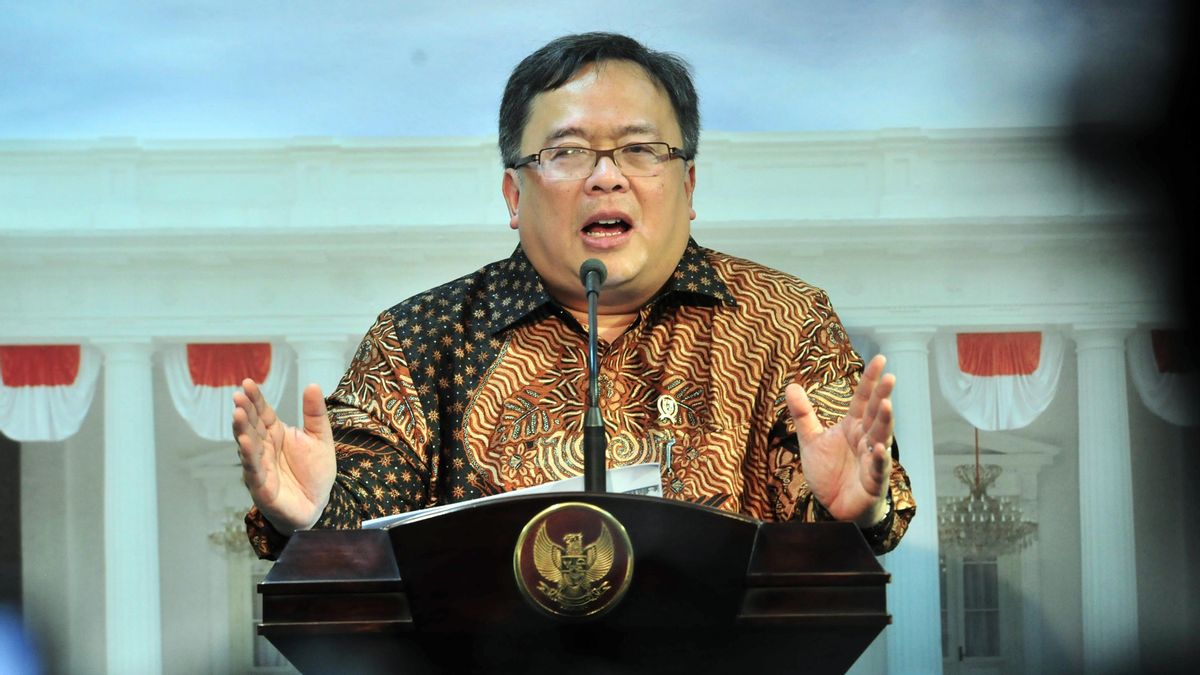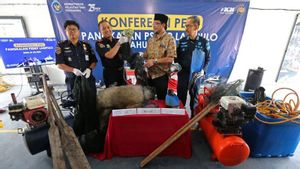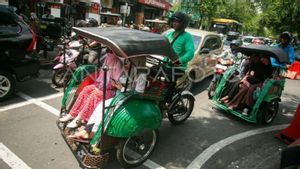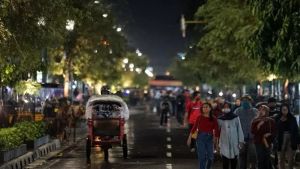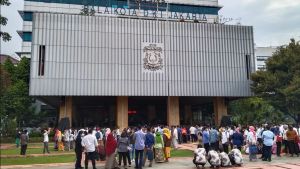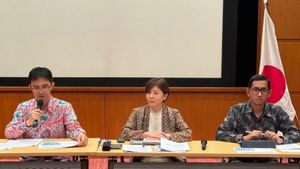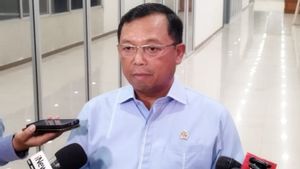JAKARTA - The government continues to make efforts so that Indonesia is not trapped in the middle income trap or middle-income country. This is because Indonesia in the current leadership period of President Joko Widodo aspires to be a developed country by 2024. One of the ways this is done is to increase the competitiveness of the manufacturing sector.
Minister of Research and Technology / Head of National Agency for Research and Innovation Bambang Brodjonegoro said that the moment to commemorate 100 years of independence could be used as a target for Indonesia to become a trap for middle-income countries. At that time, he said, Indonesia must have changed from a country that was once colonized to a country that was already prosperous.
"As an economy that is currently number 16 in the world, Indonesia must certainly have had that dream, to escape the middle income trap. Of course the best time is 100 years of independence," he said, in the webinar Integrated Launching & Kick Off: IBIMA Helps Accelerate Economic Recovery & National Industry, Tuesday, November 10.
Bambang said there were three phases so that Indonesia would get out of the trap of a low-income country and later become a high-income country. The first phase is from 2016 to 2025.
Furthermore, Bambang said that in this phase the government's efforts were to strengthen the economic structure while maintaining a relatively high level of economic growth.
"Strengthening the economic structure, one of which is by further increasing the competitiveness of the manufacturing sector. So the Indonesian economy must begin to shift from being based on natural resources to being based on efficiency or processing," he said.
Then, continued Bambang, the second phase is in the period 2026 to 2035. This phase is very decisive. This is because in this phase the government wants Indonesia's economy to turn into an innovation-based economy.
The third phase is in the period 2036 to 2045. In this phase the steps taken are quality-based and sustainable economic modernization.
"So not only can we cultivate or manufacture but we can also become an innovative nation. So that in the last 10 years until 2045 we hope that our economy will become a modern economy based on quality and sustainability," he said.
According to Bambang, based economy must be developed five years from now. So that it becomes a characteristic of Indonesia's economic growth onwards.
"Even when Indonesia has become a developed country, it still has to innovate in order to compete," he said.
Indonesia, Bambang continued, must emulate two countries that are relatively small in size from Indonesia but are considered to be the most innovative countries in the category of developed countries, namely South Korea and Sweden.
"The two countries, although they are not developed, the people may be prosperous but never stop innovating," he said.
On the same occasion, Founder & CEO of IBIMA Made Dana Tangkas said, efforts were needed to build an independent and prosperous industry. For one thing, the industry's contribution to Gross Domestic Product (GDP) in 2030 is greater than 30 percent.
Then, it also needs cooperation between related parties. This is to develop more competent and competitive Human Resources (HR).
"For business and industry, in helping to accelerate the recovery of economic conditions from the current crisis, (through) the development of national human resources that are more competent and competitive," he said.
The English, Chinese, Japanese, Arabic, and French versions are automatically generated by the AI. So there may still be inaccuracies in translating, please always see Indonesian as our main language. (system supported by DigitalSiber.id)
